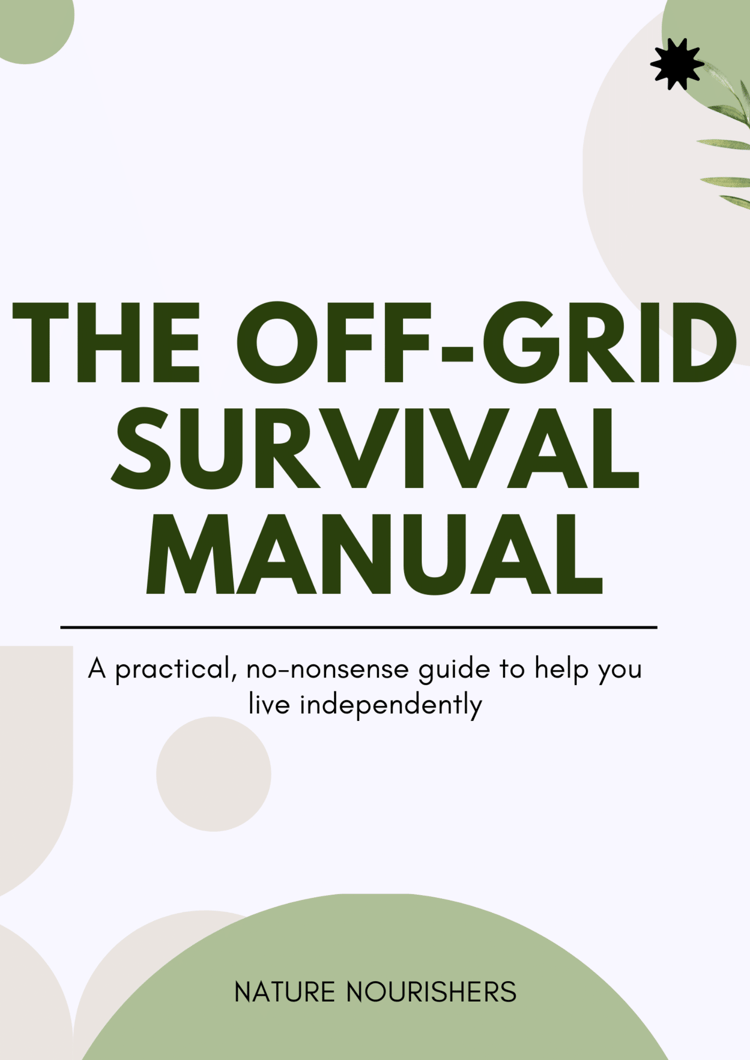Ducks are hardy, entertaining, and excellent egg layers — often laying more consistently than chickens. They thrive in wet conditions, are cold-tolerant, and bring pest control benefits to your garden. Whether you're new to poultry or adding ducks to an existing setup, this guide will help you create a thriving, healthy duck flock from the beginning.
1. Choose the Right Duck Breeds
Different breeds serve different purposes.
For eggs, consider Khaki Campbells, Indian Runners, or Welsh Harlequins. For meat, Pekins or Muscovies are popular. Some breeds are quieter, better foragers, or more social. Choose based on your goals, climate, and whether you need noise-friendly breeds for urban areas.
2. Build a Secure, Dry Shelter
Ducks need protection from predators but don’t require roosts like chickens.
A duck house should be draft-free, low to the ground, well-ventilated, and easy to clean. Use deep bedding like straw or pine shavings, and provide at least 4–6 square feet per duck. Add predator-proof latches and keep nighttime enclosures locked.
3. Provide Daily Access to Water
Ducks must have access to clean water deep enough to dunk their heads.
Unlike chickens, ducks use water to keep their eyes, nostrils, and bills clean. Provide a large water bowl or shallow tub. You don’t need a pond, but they love splashing and bathing, so a kiddie pool or trough is a great addition.
4. Keep the Area Mud-Free and Manage Drainage
Ducks love water but destroy wet ground quickly.
Create a gravel base, use sand for drainage, or rotate areas frequently. Raise water containers and pools to prevent mud pits. Good drainage keeps your ducks dry and prevents disease.
5. Feed Them a Balanced Diet
Ducks need more niacin than chickens, especially as ducklings.
Use duck-specific feed or supplement chick starter feed with brewer’s yeast. Provide free access to grit and occasional treats like leafy greens, peas, or mealworms. Avoid bread, citrus, and processed foods.
6. Protect Them From Predators
Ducks are vulnerable to raccoons, foxes, hawks, and even cats.
Secure your duck run with hardware cloth (not chicken wire) and bury fencing 12 inches deep to prevent digging. Lock them in every night and cover open runs with netting or wire.
7. Create a Quiet, Clean Nesting Area
Ducks prefer ground-level nesting in cozy, dim spaces.
Provide straw-filled nest boxes or secluded corners in their shelter. Check for eggs early — ducks often lay before sunrise — and keep the area clean to prevent broken or dirty eggs.
8. Keep the Flock Calm and Safe
Ducks can be easily stressed by loud noises, fast movements, or aggressive animals.
Handle them gently, avoid chasing, and protect them from dogs or other livestock. Ducks are social and do best in groups, so keep at least two to three together.
9. Provide Seasonal Care
Ducks handle cold better than heat, but both require attention.
In winter, keep water from freezing and add extra bedding. In summer, ensure constant access to shade and cool water. Monitor for frostbite in extreme cold and overheating in hot weather.
10. Know What to Expect With Eggs
Duck eggs are larger and richer than chicken eggs.
Some breeds lay year-round, others take seasonal breaks. They may lay outside or hide their eggs, so train them to use nest boxes early. Duck eggs are prized for baking due to their higher fat content.




